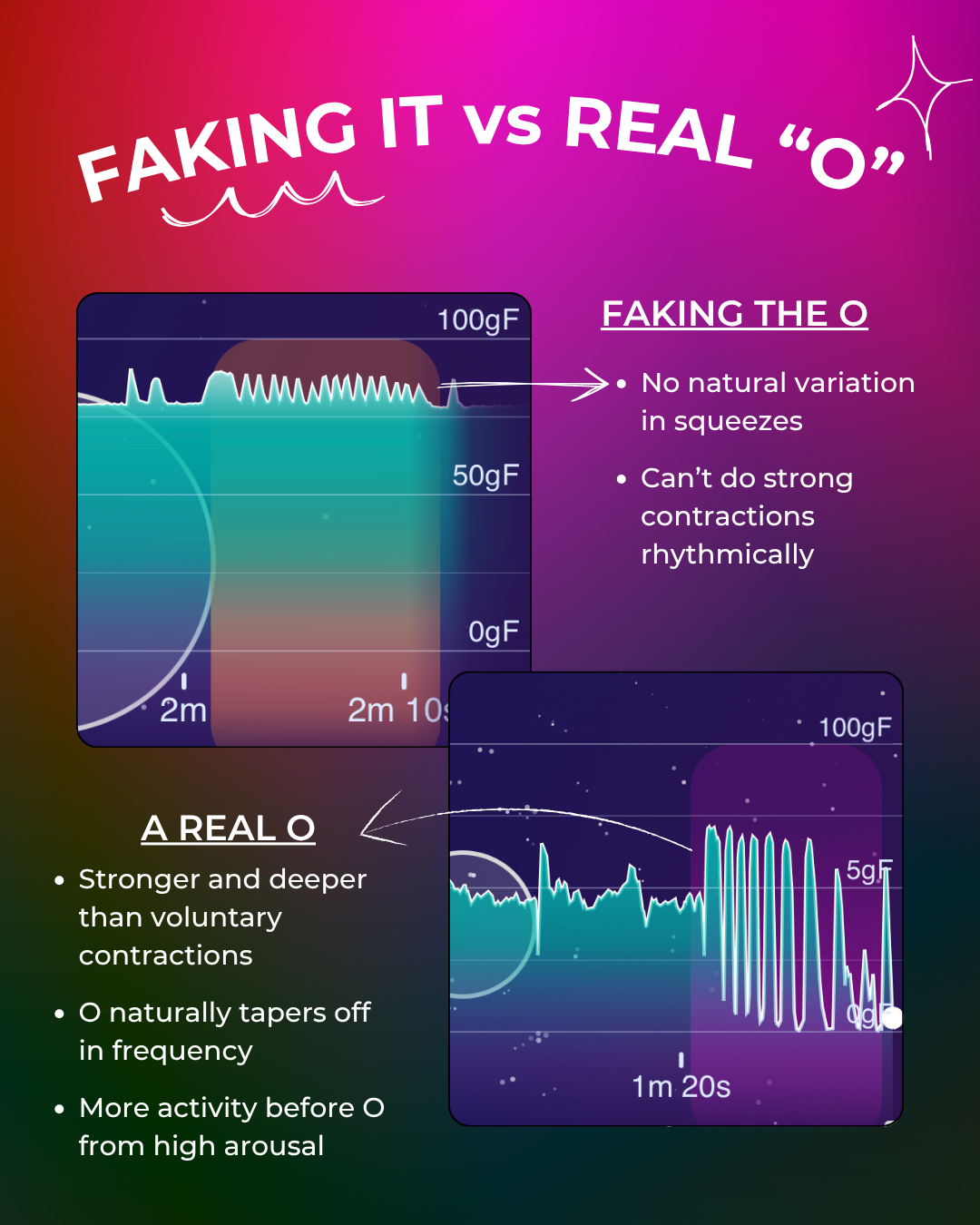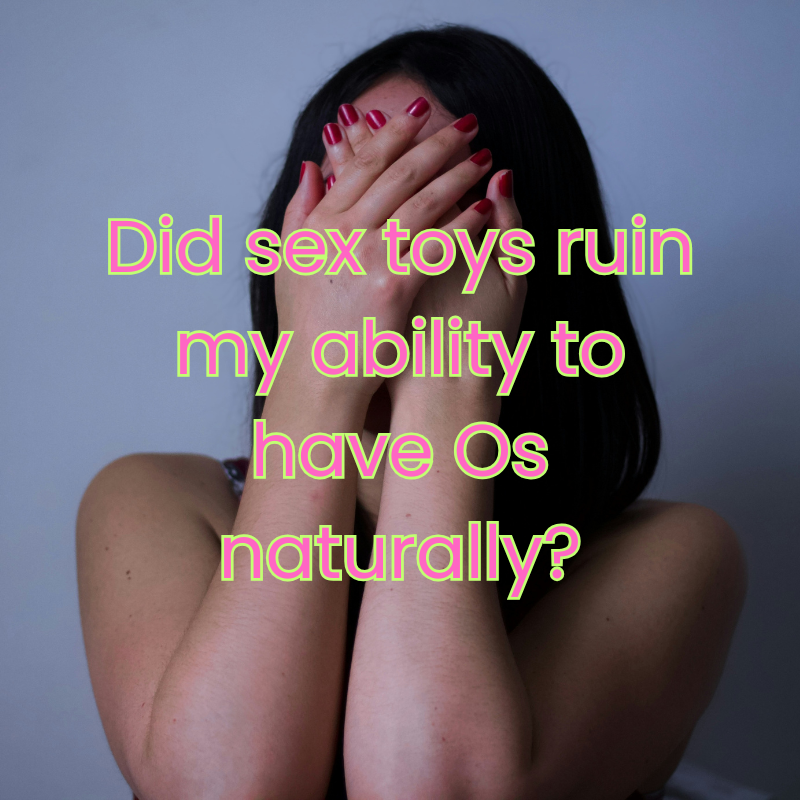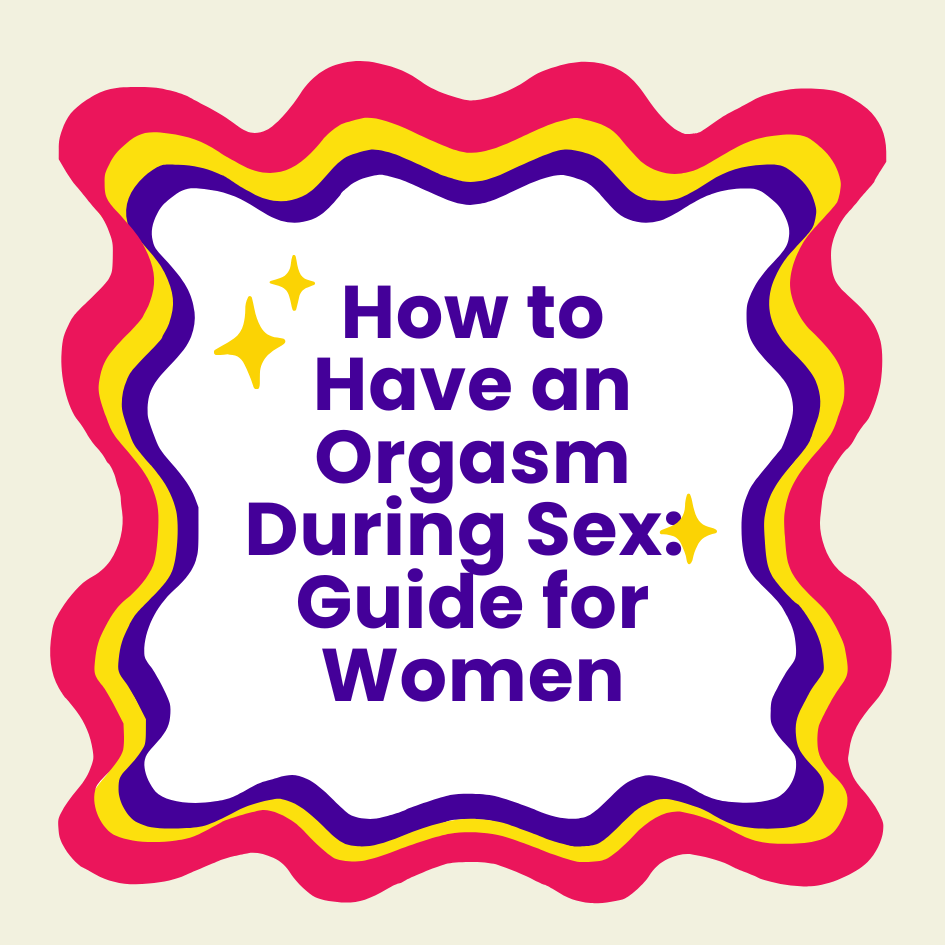
Photo by Life Matters on Pexels
By Leo Aquino
2020 has been… are there even words for it? This year has tested our collective emotional stamina. Besides the many challenges of this past year, we witnessed an uprising for the lives of George Floyd, Breonna Taylor, and many others whose lives were unjustly taken by police. We may have raged on the streets and on our social media, but we are still grieving.
In the days since the worldwide Black Lives Matter protests began, we have been finding ways to heal and be better, slowly but surely. We’ve transformed our anger into action. We joined book clubs to learn more about racial justice. We’ve initiated difficult conversations about race in our own communities. We voted a problematic president out of the White House.
But one area of racial justice that’s often overlooked is right in the center of our homes: the bedroom.
What is sexual racism?
Sexual racism, as defined by scholar Sonu Bedi, is the practice of picking romantic partners “in a way that reinforces ideas of racial hierarchy or stereotypes.” Sexual racism can happen consciously or subconsciously.
It can sound like, “I’m not racist, I just have a preference. I just don’t find (insert ethnicity here) attractive.” It can look like dating multiple partners of the same race because they embody demeaning stereotypes, aka fetishization.
At the heart of the matter, those who fetishize people of color refuse to see us as human. Fetishizers are not looking for romantic, respectful, and consensual sex — they’re looking for sex objects who are meant to live up to the stereotypes they hold for that particular racial identity. Without honesty about their intentions, fetishizers automatically violate their partner’s consent.

Photo Credit to Twitter user @alexand_erleon
Taking accountability
As a light-skinned person of color who was assigned female at birth, I can admit that I’ve fetishized Black people in the past. Through rap music, white-centric movies, and suburban television, I was conditioned to believe that Black people are hypersexual. On dating apps, I exclusively dated Black men because of that stereotype.
When I learned about sexual racism, I had to swallow my pride and admit that I was wrong. I confided in a close friend and tried to find ways to forgive myself. I was young, and I didn’t know any better. While my lack of education at the time was not my fault, the healing that needs to happen is still my responsibility.

Photo Credit to Twitter user @alexand_erleon
Sexual racism in the queer community
In the queer community, sexual racism runs rampant on dating apps like Grindr. Profiles will sometimes read, “No fats, no femmes, no Asians” or “No Blacks, No Latinos.”
In a 2011 study, the majority of 2000+ bisexual and gay men who were surveyed admitted that they were used to seeing this racism on apps.
Other studies show that sexual racism, in both the queer and straight communities, is linked to mental health issues including depression, anxiety, stress, and low self-esteem. People of color are prone to internalizing sexual stereotypes while navigating interracial relationships.
Translation: our self-esteem is rooted in our sexual prowess instead of our many unique talents.
Reverse racism isn’t real
Personally, I have a boundary not to date any white people. This boundary is here to protect me from racial microaggressions in romantic relationships. I’m not trying to invest months of my precious time getting to know someone just to find out that they’ve been hiding an Asian fetish!
No, thank you.
Some might say that this boundary counts as “reverse racism.” Reverse racism simply does not exist. Racism refers to structural oppression and inequity that has been normalized for generations. Stereotypes about Black, Indigenous, and People of Color (BIPOC) appear as symptoms of racism.
However, stereotypes about white people don’t come with the same structural oppression and inequity. BIPOC communities gather stereotypes about white people as a means of protection. We know that our white siblings are resistant to anti-racist work. Our guard is up until white people earn our trust by showing allyship.
What you can do about it
If you can relate to some of this, there’s no need to beat yourself up or walk on eggshells around people. Guilt doesn’t change the past, and anxiety doesn’t change the future. Here are a few things you can do to bring your anti-racist work into the bedroom:
- Talk to a trusted friend about times that you’ve enacted sexual racism. Get it off your chest. Work with the shame and guilt that this realization brings with someone who will show you kindness and compassion while holding you accountable. For white people who need support around confronting their own sexual racism: please ask your white friends to hold this space for you, as it can be taxing and triggering for people of color to perform this emotional labor.
- Forgive yourself. We can’t control what already happened in the past. Resolve to do better now that you know better.
- Find ways to make reparations. Reparations usually refer to financial contributions to Black and Indigenous communities to apologize for the history of slavery and colonization in the United States. But reparations come in many forms. You can support BIPOC organizations by volunteering time and energy to their cause. Shop from BIPOC-owned small businesses, especially during this pandemic. Share your knowledge with your white friends. No action is too small.
- Practice consent. When it comes to nicknames, dirty talk, touch, or anything else that happens in a sexual environment, be sure to ask your partner for consent. Ask if they feel okay, if they feel safe.
- Swipe consciously. Monitor your dating app activity. Do you expect a person of color to embody certain stereotypes? Why are you swiping? Get your nut, but do it consciously.
Anti-racist work doesn’t end on the streets. By coming to terms with the ways that sexual racism is embedded in our relationships, we can begin to heal.



